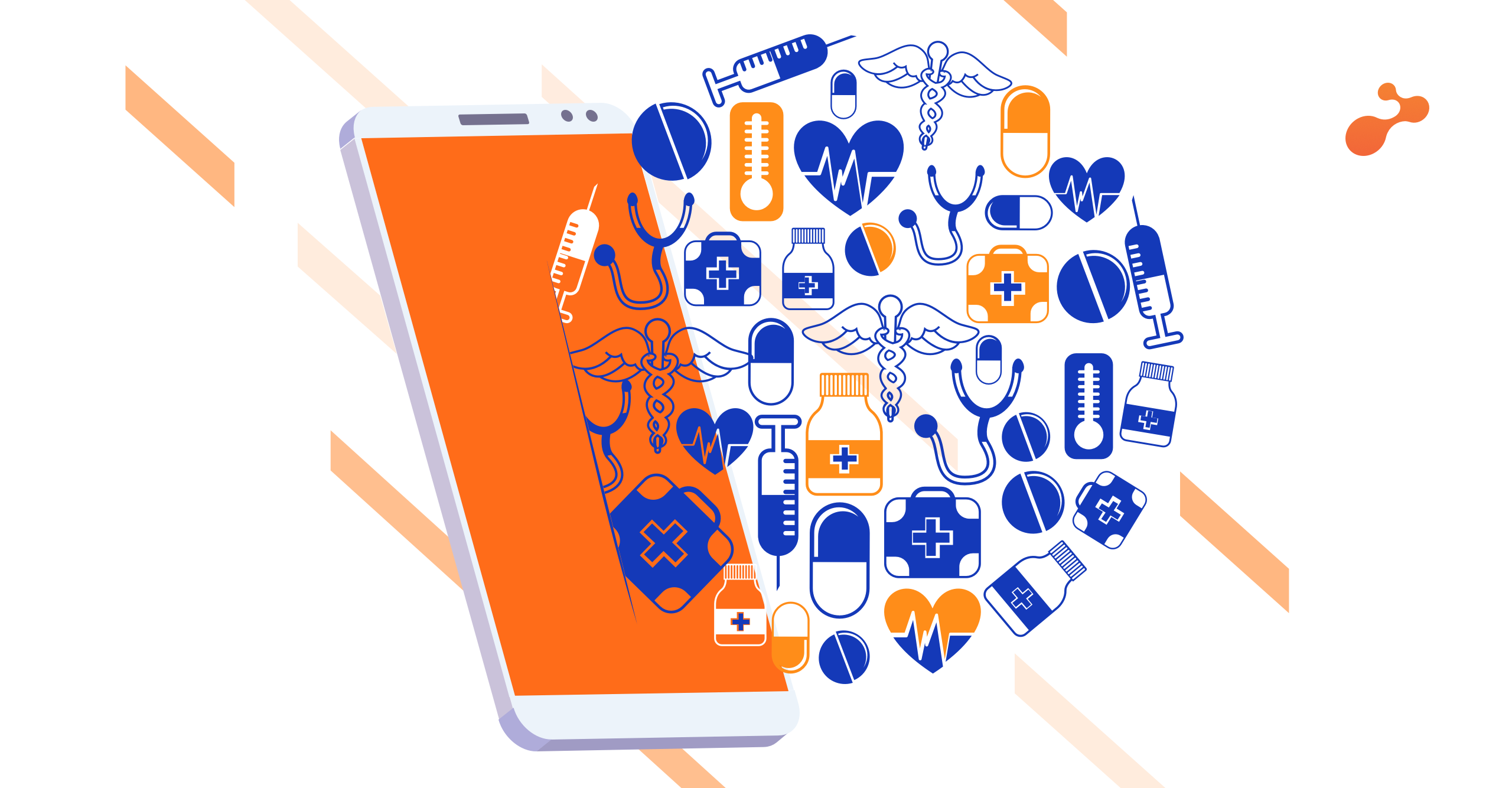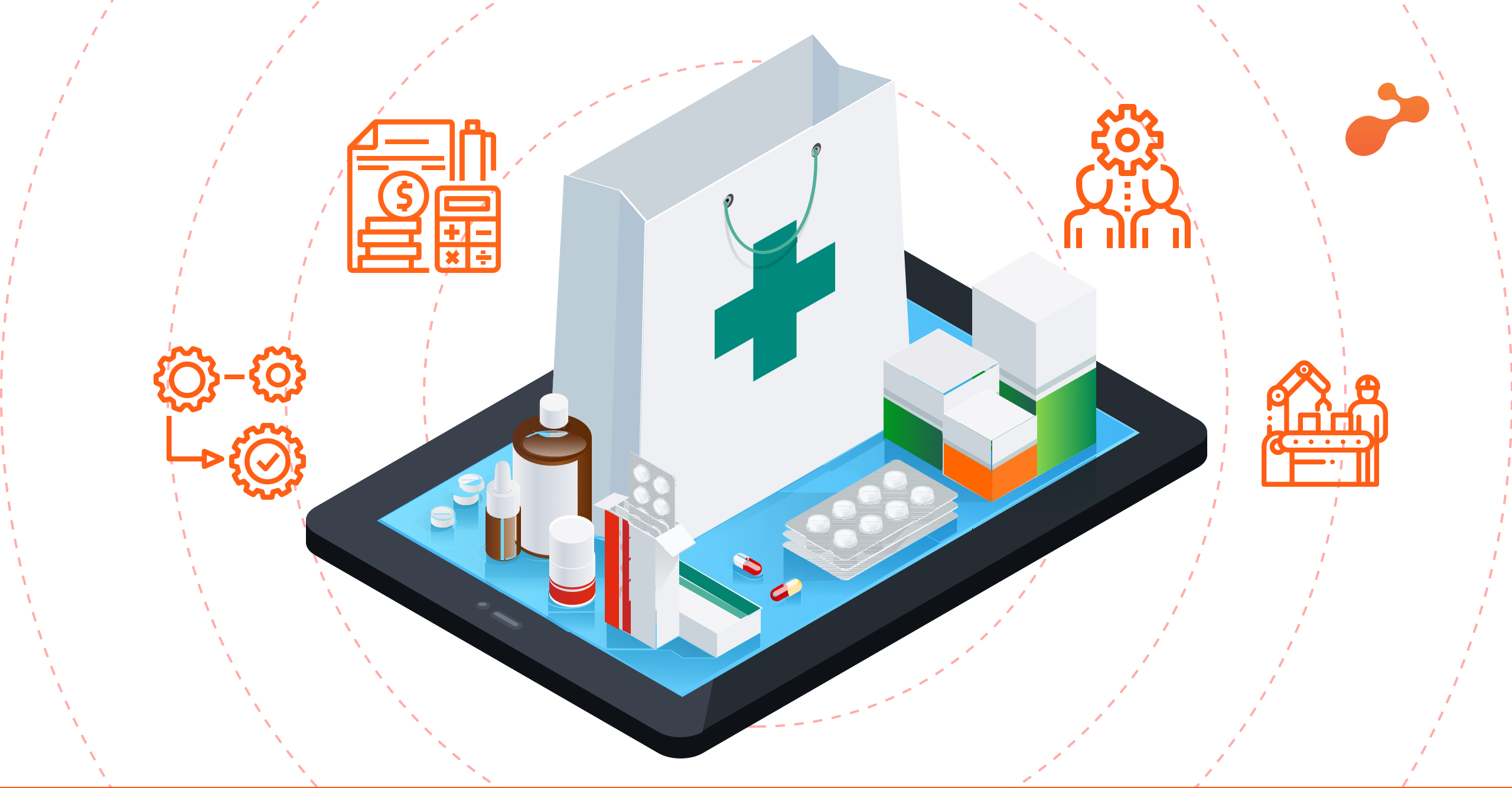With increasing availability of data and advancement in technology, healthcare providers are now able to provide improved diagnosis, detection and treatment to their patients. Emerging technologies such as Artificial Intelligence and Machine Learning are helping healthcare enterprises to harness this data and gain crucial insights, with prediction models that continuously learn on data, improve and predict with higher accuracy, and thus provide better patient care.
In the coming year, a significant number of investments in healthcare will be focused on adopting digital engineering capabilities powered by rapid modelling frameworks such as TensorFlow, Caffe, Microsoft Cognitive and Torch to name a few.
Mentioned below are 5 major technology trends to be seen in healthcare in 2020:
Patient Engagement
A large number of patient centric applications will be augmented with intelligent decision making in diagnosis of specific disease conditions, symptoms and possible treatment plans. Such applications will enable patients to be more informed and take proactive decisions about their health.
While the current focus is more on collecting patient data and empowering providers towards better care, leveraging this data to derive decisions based on patient health condition, historical records and effective past treatment plans will be the key focus. Providing such actionable decisions to EHRs and point of care applications will significantly ease the time spent by doctors.
Personalized Medicine towards public health
More and more patient health information will be utilized from current population health initiatives and will be combined with patient genomic data to determine personalized treatment plans and clinical care for the patients. There will be increased spending to control the spread of infectious and contagious diseases as a part of public health initiatives.
Combining Wellness App with EHRs
With the growing number of consumers using health sensors, various vital data points will get consumed from such wellness apps for supporting intelligent decision making in real time. While developing such applications, emphasis will be given to design applications where the patient takes control of their data. Thus, users will be able to simply manage, view, and act on behalf of their health records.
Adoption of Tele-Medicine in Urgent care
With the growing speed and bandwidth, doctors across different ecosystems will be able to virtually connect in real time to advise and provide prescriptions that are connected to online pharmacies. While Tele-Medicine is not a new trend, adoption of Tele-Medicine in urgent care situations will be supported with the ability to send large data files, high resolution images and videos. Doctors using such applications will be able to effectively diagnose patients by leveraging various AI techniques such as deep learning, computer vision and Natural Language Processing.
Enhancing efficiency in healthcare delivery through interoperability
While collaboration has helped healthcare setups to provide faster patient care, interoperability through FHIR, which is based on RESTful protocol, will be the foundation stone for building faster AI based solutions on top of standards. This will lead to several organizations turning to FHIR, as it is faster, more structured and standardized and also a human readable protocol that results in improved efficiency in performing search and retrieval activities.
To conclude, in the coming years emerging technologies will enable healthcare providers to significantly improve collaboration and efficiency in processes, and thus transform the way patient health is managed and delivered.
About e-Zest Healthcare (healthcare.e-zest.com):
e-Zest Healthcare, a part of e-Zest Solutions, is a specialist provider of healthcare technology and a strategic partner to some of the world’s largest healthcare organizations. e-Zest plays an integral role in accelerating technology innovation across the healthcare sector.
We empower Healthcare ISVs and Enterprises leverage cutting-edge technology to:
- Provide better Care for Patients
- Improve overall Health
- Lower the Cost of Care



